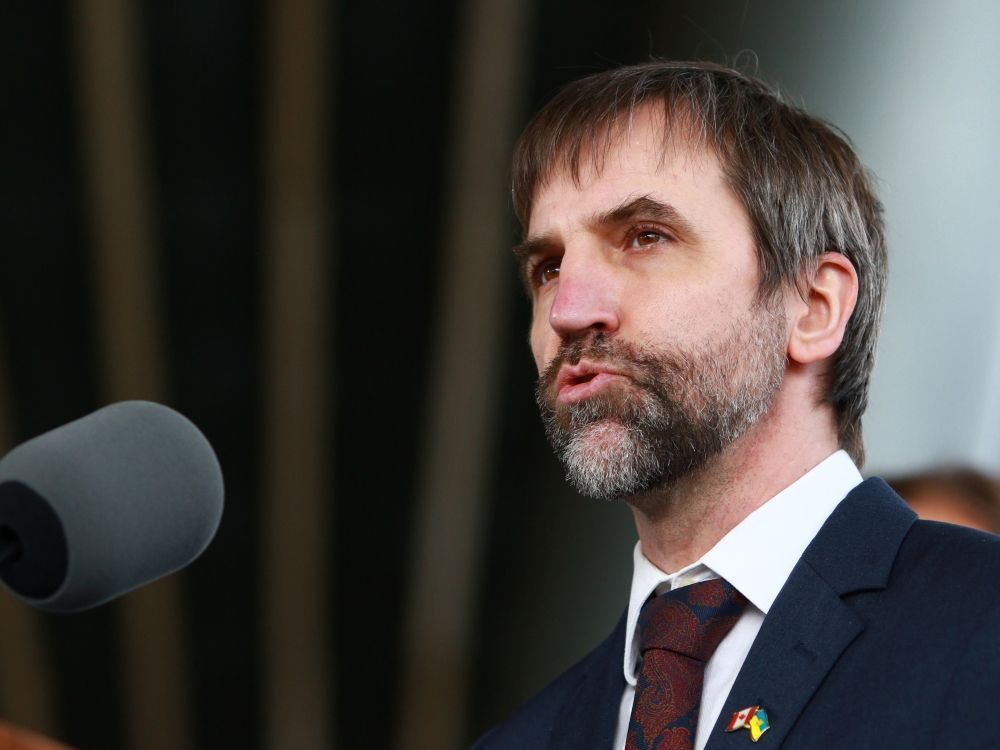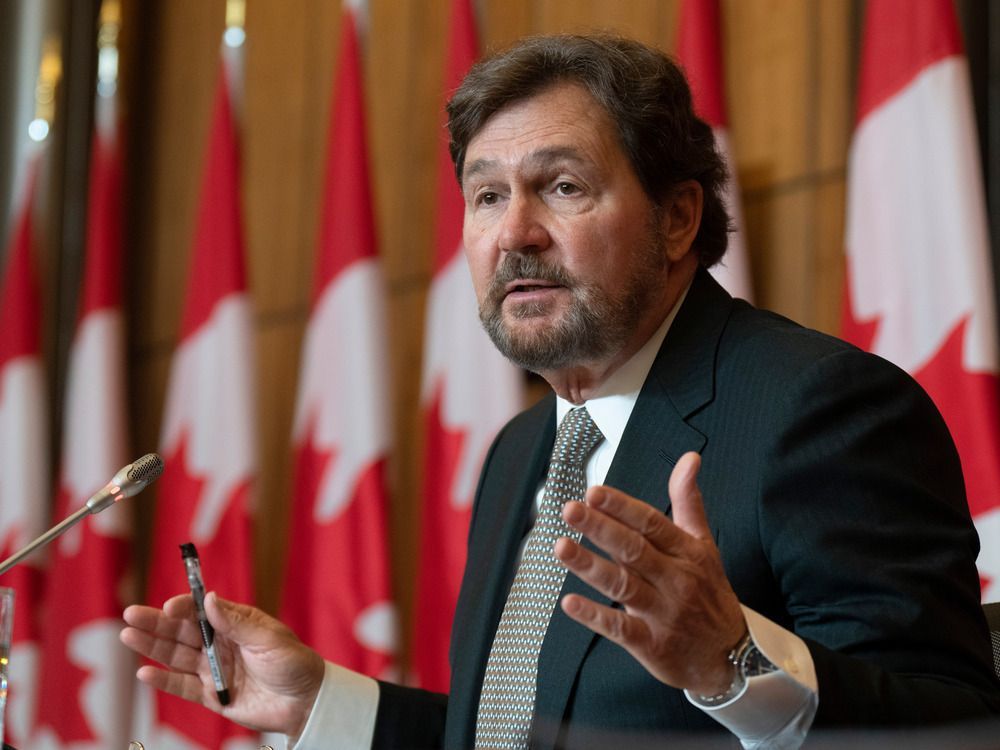Declaring his government’s intentions to plan for the future instead of “hoping for the best,” Prime Minister Justin Trudeau advanced the next steps toward transitioning Canada to a net-zero, low-carbon economy.Finally, some details on this “Just Transition” thing we’ve been hearing about for years as if it was real:
The plan released Friday is the first time the government has laid out in some detail what it proposes to do, including renaming the idea from the “just transition” plan — a concept that has been criticized for implying those working in oil and gas are in some way are unjust — to the “sustainable jobs plan.”
The term itself refers to the idea that governments guide workers displaced by environmental policies towards new jobs. It has, however, taken on a somewhat different meaning in Alberta, where politicians have suggested it’s a plan to shut down the oil and gas sector and impoverish Canada’s richest province.
At this point, the plan is a plan for more plans, better data collection and further engagement across various groups and regions in Canada. It establishes frameworks and councils to continue the discussions; it’s light on figures and timelines, includes no new funding and doesn’t put a specific figure on just how many jobs might be created.
The 32-page “Sustainable Jobs Plan” says if Canada plays its cards right, the clean energy economy will create so many jobs there may not be enough workers to fill them. But some of it will require the traditional oil and gas sectors to “aggressively” lower the greenhouse gas emissions produced as the fuels are extracted.
“Implementing a federal plan of this magnitude in areas of exclusive provincial jurisdiction doesn’t merely require piecemeal ‘discussions’ with the provinces, it requires outright provincial approval and cooperation,” Smith said in a statement. “Alberta has not been involved in any such approvals, nor included in the development of the plan published today.”
The plan, released Friday while the political world was paying attention to the report on the Liberals’ use of the Emergencies Act to quash the Freedom Convoy protests last year, is to guide the first two years of the transition — further plans will be released every five years after 2025.

Liberals' 'just transition' clean energy jobs plan is a plan for more plans — National Post
Alberta's Danielle Smith has been a vocal critic of the Liberal plan to eliminate 'jobs deemed too dirty by elites in Ottawa'apple.news
Natural Resources Minister Jonathan Wilkinson, responding to fears from oil and gas workers that the new legislation would put their jobs at risk, said the plan relies upon “new opportunities” for workers — including critical minerals, biofuels and hydrogen — and “ensuring the relevance” of Canada’s conventional energy reserves.
Speaking to reporters Thursday morning outside of the House of Commons, Wilkinson said Canada’s economic future depends on the government making “smart choices” and positioning itself as a world leader in sustainable jobs.

Federal government introduces 'just transition' sustainable jobs act
Trudeau Liberals advance their next steps towards transitioning Canada towards a net-zero, low-carbon economy
Liberal jobs programs, business investment pools and economic plans all have one thing in common: they are obsessed with the skin colour and sexuality of the workforce.
On Thursday, Minister of Natural Resources Jonathan Wilkinson tabled Bill C-50, or the Canadian Sustainable Jobs Act. The bill provides a legislative backdrop to the feds’ broader sustainable jobs plan, which (if not obvious from the name) is geared at boosting job growth in the low-carbon sector. If passed, Bill C-50 would require the Minister of Natural Resources to make five-year jobs plans, adhere to various reporting requirements and assemble an advisory council to guide the execution of the plan.
Between all the bill’s talk of net-zero nestles a hint that identity will be prioritized over merit when this thing finally gets off the ground.
Like many Liberal initiatives, this plan has to involve some identity politics. In this case, the proposed law also specifies the principles that should guide this transition to a net-zero economy. One of these principles involves placing an emphasis on “the creation of employment opportunities for groups underrepresented in the labour market, including women, persons with disabilities, Indigenous peoples, Black and other racialized individuals, 2SLGBTQI+ and other equity-seeking groups.”
Additionally, when appointing members to the advisory council for this net-zero jobs plan, the minister is supposed to consider “the importance of having members that reflect Canada’s diversity — including its regional diversity — and underrepresented groups.” It’s also supposed to consider Indigenous knowledge, the subjective cultural knowledge that the Canadian government cloaks with confidentiality and considers to be equal to science.
Jamie Sarkonak: Identity politics baked into new Liberal 'sustainable' jobs plan — National Post
Wilkinson's Canadian Sustainable Jobs Act emphasizes job creation for groups classified as diverse
If it’s anything like the jobs programs we have already, it’s likely that systemic discrimination will be a feature, not a bug. Oh well, the rest at the above links.

